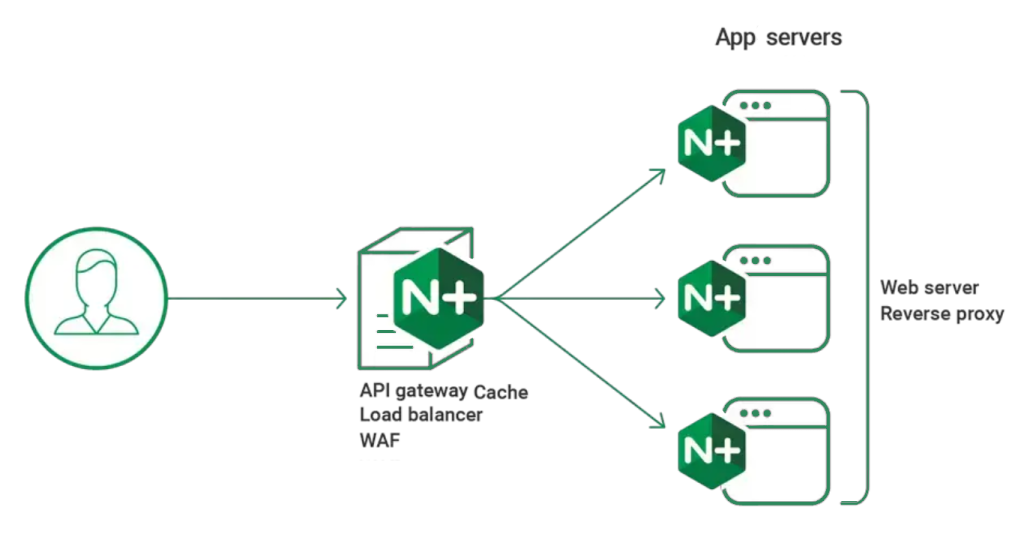Promise.allSettled, Promise.all, and Promise.race with Fetch API
In the realm of asynchronous programming, JavaScript offers a powerful toolkit
for managing multiple promises: Promise.allSettled, Promise.all, and
Promise.race. These methods, when combined with the fetch API, enable you to
efficiently handle network requests and manipulate the resulting data. Let’s
explore how to use these tools effectively.
Understanding the Basics
Before diving into the specifics, let’s quickly recap what these methods do:
- Promise.allSettled: Waits for all promises to settle (resolve or reject) and returns an array of objects containing the status and result/reason for each promise.
- Promise.all: Waits for all promises to resolve and returns an array of
resolved values. If any promise rejects, the entire
Promise.allrejects. - Promise.race: Returns a promise that resolves or rejects as soon as the first of the input promises settles, with the value or reason from that promise.
Fetching Multiple Resources with Promise.all
When you need to fetch multiple resources simultaneously and only proceed when
all have successfully loaded, Promise.all is your go-to:
async function fetchMultipleResources() {
const urls = [
"https://fakestoreapi.com/products",
"https://jsonplaceholder.typicode.com/todos/1",
];
try {
const responses = await Promise.all(urls.map((url) => fetch(url)));
const data = await Promise.all(
responses.map((response) => response.json()),
);
console.log("fetchMultipleResources", data);
} catch (error) {
console.error("Error fetching data:", error);
}
}
fetchMultipleResources();
In this example, we create an array of fetch promises, then use Promise.all
twice: once to wait for all fetch requests to complete and again to parse the
JSON responses.
Handling Potential Failures with Promise.allSettled
If you need to know the outcome of every fetch request, regardless of success or
failure, Promise.allSettled is the way to go:
async function fetchMultipleResourcesWithAllSettled() {
const urls = [
"https://fakestoreapi.com/products",
"https://jsonplaceholder.typicode.com/todos/1",
];
try {
const results = await Promise.allSettled(urls.map((url) => fetch(url)));
results.forEach(async (result) => {
if (result.status === "fulfilled") {
console.log(
"fetchMultipleResourcesWithAllSettled:",
await result.value.json(),
);
} else {
console.error("Error fetching:", result.reason);
}
});
} catch (error) {
console.error("Unexpected error:", error);
}
}
fetchMultipleResourcesWithAllSettled();
This code iterates through the results, logging successful fetches and handling errors gracefully.
Prioritizing Speed with Promise.race
When you only care about the first response, or want to implement a timeout
mechanism, Promise.race is useful:
async function fetchFirstAvailableResource() {
const urls = [
"https://fakestoreapi.com/products",
"https://jsonplaceholder.typicode.com/todos/1",
];
const timeout = new Promise((resolve) => setTimeout(resolve, 3000));
try {
const response = await Promise.race([
...urls.map((url) => fetch(url)),
timeout,
]);
if (response !== timeout) {
const data = await response.json();
console.log(data);
} else {
console.log("Timeout reached");
}
} catch (error) {
console.error("Error fetching data:", error);
}
}
fetchFirstAvailableResource();
Here, we race between multiple fetch requests and a timeout. The first to finish wins.
Conclusion
By understanding and effectively using Promise.allSettled, Promise.all, and
Promise.race in conjunction with the fetch API, you can write more robust,
efficient, and flexible asynchronous code. Choose the method that best suits
your specific use case to optimize your application’s performance and user
experience.
Latest blog posts
Explore the world of programming and cybersecurity through our curated collection of blog posts. From cutting-edge coding trends to the latest cyber threats and defense strategies, we've got you covered.


